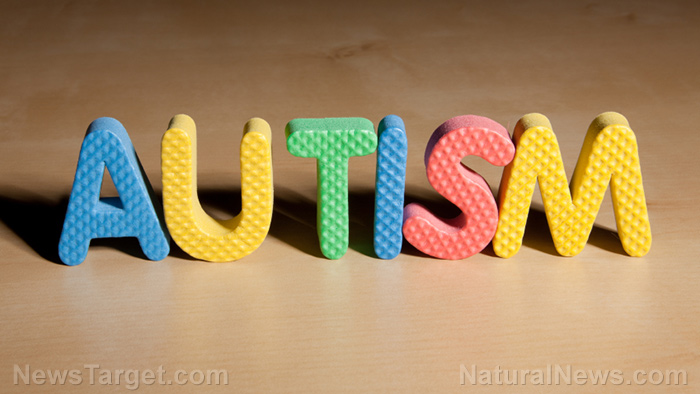The mental health benefits of vitamin B12
09/06/2018 / By RJ Jhonson

As it controls virtually all aspects of your life, the brain is one of the most vital organs of your body. It is also one of the most nutritionally demanding. Keeping the brain healthy requires a wide variety of minerals, antioxidants, and vitamins, one of the most notable of which is vitamin B12.
Cobalamin, known more popularly as vitamin B12, is one of the eight B-vitamins. These nutrients are known as a collective whole for helping the body to absorb energy, but individually, they perform distinct functions and benefit specific parts of the body. Cobalamin, for instance, helps keep your bones strong and your eyes healthy.
But where vitamin B12 truly shines is in maintaining proper brain function. It is linked to processes related to memory and concentration. It is also an important requirement in the formation of serotonin and dopamine, neurotransmitters vital to the regulation of moods. In fact, low levels of cobalamin have been associated with depression.
Furthermore, reduced levels of vitamin B12 are linked to symptoms of schizophrenia. These include social withdrawal, the inability to express emotions, and apathy. Some experts believe patients suffering from these symptoms need to monitor their vitamin B12 levels for the rest of their life.
Another proof of cobalamin’s important role in brain function is how a lack of it can lead to symptoms akin to those suffered by people with Alzheimer’s disease. Once the deficiency is addressed and the patient is administered sufficient vitamin B12, the symptoms dissipate.
Interestingly, there is evidence that supplementing with cobalamin and other B-vitamins can reduce the impact and symptoms of Alzheimer’s disease and dementia in general. One study from Oxford University found that the combination of cobalamin, pyridoxine (B6), and folic acid (B9) can improve brain function. This cocktail can also reduce the shrinkage of the part of the brain commonly affected by Alzheimer’s disease.

Where can you get vitamin B12?
Cobalamin is not abundant in plant sources – it usually occurs in meat and dairy products. If you want to get enough of it, you will need the following in your diet:
- Organ meat – Beef liver is one of the best sources of vitamin B12, with just three ounces providing more than 10 times your required daily value of the nutrient.
- Seafood – Three ounces of clams contain more vitamin B12 than beef liver.
- Fish – Trout, haddock, tuna, and salmon are among the best fishes to eat if you want vitamin B12.
- Dairy – A cup of milk and eight ounces of yogurt can provide you with more than 10 percent of this nutrient’s required daily value.
- Chicken and egg – They don’t contain as much vitamin B12 as beef, but they are ideal options for those who are watching their intake of red meat.
If you are a vegetarian but want to obtain the health benefits of vitamin B12, then you need to raise your intake of nori seaweed. It is the only vegetable source of true vitamin B12 – others, such as fermented soy products, may contain B12 analogs. These are nutrients that the body mistakes for actual vitamin B12, preventing true cobalamin from getting absorbed.
As it may not be practical to eat a lot of nori, you can take supplements instead. In its natural state, vitamin B12 bonds with protein and is broken down in the stomach. As a supplement, vitamin B12 occurs in free form, which means it is readily absorbed by your body even without the aid of protein.
Learn how vitamin B12 and the other B-vitamins benefit the body at Nutrients.news.
Sources include:
Submit a correction >>
Tagged Under:
#nutrition, b vitamins, brain health, cobalamin, Diets, mental health, neurodegenerative diseases, nutrients, supplements, vitamin B12
This article may contain statements that reflect the opinion of the author





















